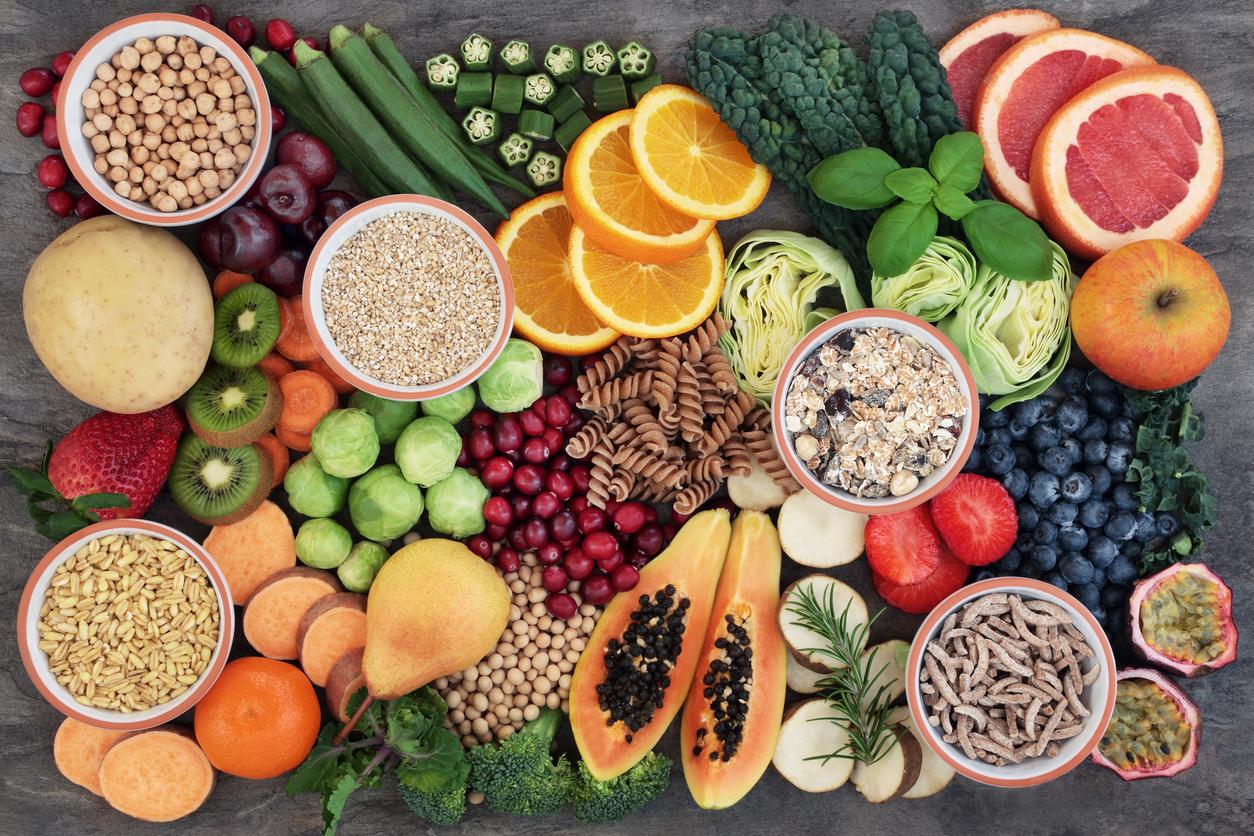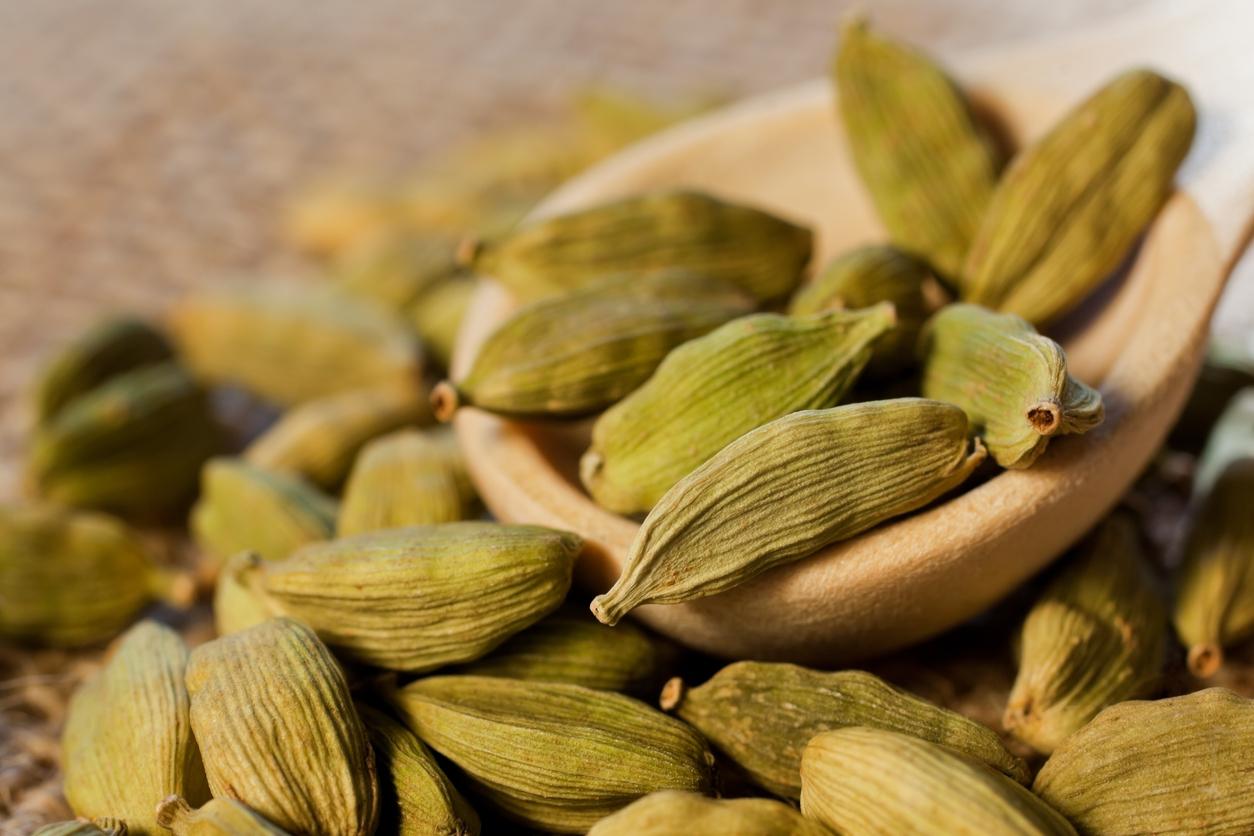September 5, 2006 – A natural appetite suppressant made from the African plant Hoodia can only be legally purchased in stores.
|
A desert cactus |
In the past three months, as many as 2,000 postal items from overseas – mostly from the United States – have been seized by Canadian customs or wildlife officers. As a result, thousands of Canadians who thought they could get hoodia products through the Internet or toll-free lines will not receive their order.1.
The free sale of products from Hoodia goordonii – of its Latin name – is permitted in Canada only when the plant and its derivatives are accompanied by an export permit issued under the Convention on International Trade in Endangered Species of Wild Fauna and Flora (CITES )2.
More and more exploited for its supposed appetite suppressant capacities, the species is indeed on the verge of extinction, and its culture is controlled.
No evidence of its effects
Pharmacist Jean-Yves Dionne is cautious about the supposed virtues of hoodia generally sold in powder or pill form. “It is not a miracle product or a product that makes you lose weight in itself,” says this specialist in natural health products.
According to him, no clinical study has been published so far on the slimming effects of hoodia. Only four laboratory studies are listed in the database Medline3.
One of them, carried out on rats, shows that a component of this cactus, P57AS3, would have the property of “fooling” the hypothalamus, a part of the brain playing a role in the activation of hunger, by sending him signals of satiety.
“Taking such a product does not act on the fat mass in itself,” points out the pharmacist. To achieve significant or long-term weight loss, you need to make lifestyle changes, especially when it comes to diet and physical activity. “
For people who nevertheless wish to use weight-loss products, Jean-Yves Dionne advises to avoid shopping over the Internet or over the phone. “Most of the alerts issued by Health Canada about the quality of natural products concern products from abroad that are not in stores,” he concludes.
Martin LaSalle – PasseportSanté.net
According to The Journal of Montreal and Canoe.
1. On this subject, see the press release issued by Environment Canada: www.ec.gc.ca/press/2006/060828_n_e.htm [consulté le 30 août 2006].
2. For more information, visit Environment Canada’s website on the Convention on International Trade in Endangered Species of Wild Fauna and Flora (CITES) at www.cites.ec.gc.ca [consulté le 30 août 2006].
3. Medline is an electronic directory of the United States National Library of Medicine. Regularly updated, it provides free access to abstracts of studies published in more than 4,300 journals from more than 70 countries. The address of the Medline Directory (PubMed) is www.ncbi.nlm.nih.gov/entrez/query.fcgi?DB=pubmed. For more information on the United States National Library of Medicine: www.nlm.nih.gov [consultés le 31 août 2006].

















